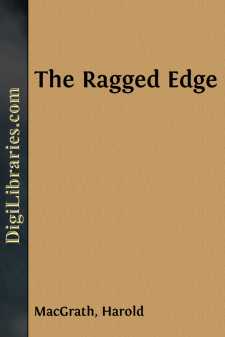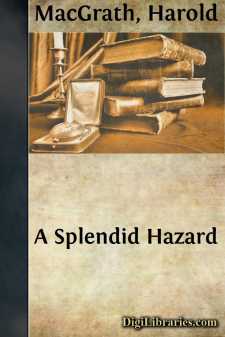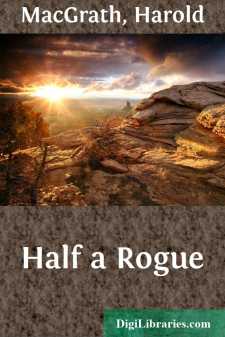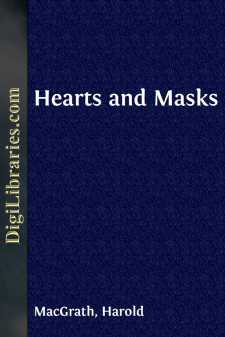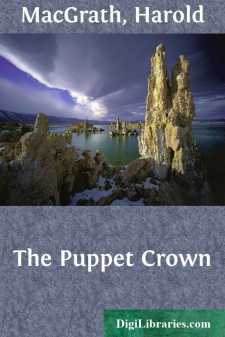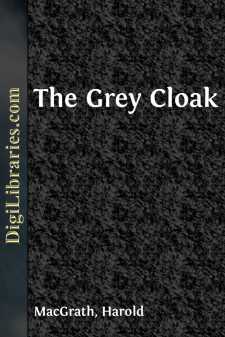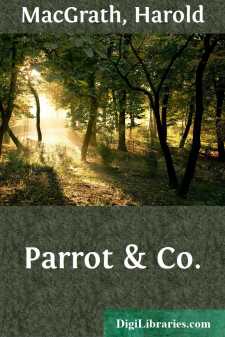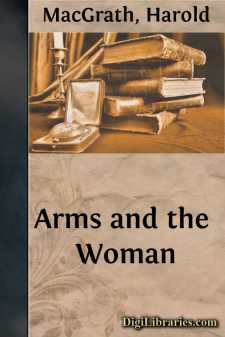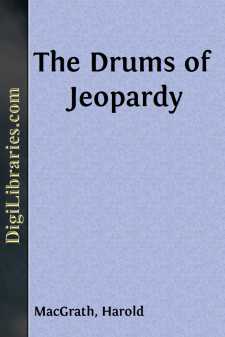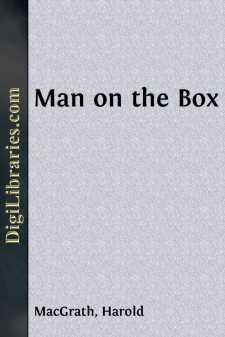Categories
- Antiques & Collectibles 13
- Architecture 36
- Art 48
- Bibles 22
- Biography & Autobiography 813
- Body, Mind & Spirit 142
- Business & Economics 28
- Children's Books 15
- Children's Fiction 12
- Computers 4
- Cooking 94
- Crafts & Hobbies 4
- Drama 346
- Education 46
- Family & Relationships 57
- Fiction 11828
- Games 19
- Gardening 17
- Health & Fitness 34
- History 1377
- House & Home 1
- Humor 147
- Juvenile Fiction 1873
- Juvenile Nonfiction 202
- Language Arts & Disciplines 88
- Law 16
- Literary Collections 686
- Literary Criticism 179
- Mathematics 13
- Medical 41
- Music 40
- Nature 179
- Non-Classifiable 1768
- Performing Arts 7
- Periodicals 1453
- Philosophy 64
- Photography 2
- Poetry 896
- Political Science 203
- Psychology 42
- Reference 154
- Religion 513
- Science 126
- Self-Help 84
- Social Science 81
- Sports & Recreation 34
- Study Aids 3
- Technology & Engineering 59
- Transportation 23
- Travel 463
- True Crime 29
The Voice in the Fog
by: Harold MacGrath
Categories:
Description:
Excerpt
CHAPTER I
Fog.
A London fog, solid, substantial, yellow as an old dog's tooth or a jaundiced eye. You could not look through it, nor yet gaze up and down it, nor over it; and you only thought you saw it. The eye became impotent, untrustworthy; all senses lay fallow except that of touch; the skin alone conveyed to you with promptness and no incertitude that this thing had substance. You could feel it; you could open and shut your hands and sense it on your palms, and it penetrated your clothes and beaded your spectacles and rings and bracelets and shoe-buckles. It was nightmare, bereft of its pillows, grown somnambulistic; and London became the antechamber to Hades, lackeyed by idle dreams and peopled by mistakes.
There is something about this species of fog unlike any other in the world. It sticks. You will find certain English cousins of yours, as far away from London as Hong-Kong, who are still wrapt up snugly in it. Happy he afflicted with strabismus, for only he can see his nose before his face. In the daytime you become a fish, to wriggle over the ocean's floor amid strange flora and fauna, such as ash-cans and lamp-posts and venders' carts and cab-horses and sandwich-men. But at night you are neither fish, bird nor beast.
The night was May thirteenth; never mind the year; the date should suffice: and a Walpurgis night, if you please, without any Mendelssohn to interpret it.
That happy line of Milton's—"Pandemonium, the high capital of Satan and his peers"—fell upon London like Elijah's mantle. Confusion and his cohort of synonyms (why not?) raged up and down thoroughfare and side-street and alley, east and west, danced before palace and tenement alike: all to the vast amusement of the gods, to the mild annoyance of the half-gods (in Mayfair), and to the complete rout of all mortals a-foot or a-cab. Imagine: militant suffragettes trying to set fire to the prime minister's mansion, Siegfried being sung at the opera, and a yellow London fog!
The press about Covent Garden was a mathematical problem over which Euclid would have shed bitter tears and hastily retired to his arbors and citron tables. Thirty years previous (to the thirteenth of May, not Euclid) some benighted beggar invented the Chinese puzzle; and tonight, many a frantic policeman would have preferred it, sitting with the scullery maid and the pantry near by. Simple matter to shift about little blocks of wood with the tip of one's finger; but cabs and carriages and automobiles, each driver anxious to get out ahead of his neighbor!—not to mention the shouting and the din and discord of horns and whistles and sirens and rumbling engines!
"It's hard luck," said Crawford, sympathetically. "It will be half an hour before they get this tangle straightened out."
"I shouldn't mind, Jim, if it weren't for Kitty," replied his wife. "I am worried about her."
"Well, I simply could not drag her into this coupé and get into hers myself. She's a heady little lady, if you want to know. As it is, she'll get back to the hotel quicker than we shall....



